How your diet effects your skin.
Your diet plays a significant role in the health and appearance of your skin. The foods you eat can impact your skin in many ways, influencing its texture, hydration, elasticity, and susceptibility to conditions like acne, eczema, or premature aging. One of the most important things you can do for your skin’s health is to hydrate.
Drinking enough water is crucial for maintaining skin hydration. Proper hydration helps keep your skin plump, smooth, and youthful looking. Dehydration can lead to dry, flaky skin and make fine lines more apparent. Foods with high water content, such as cucumbers, watermelon, and oranges, also contribute to skin hydration.
Vitamins and Antioxidants are important nutrients for your skin. Found in citrus fruits, berries, and leafy greens, vitamin C is essential for collagen production, which helps keep the skin firm and elastic. It also has antioxidant properties that protect the skin from damage caused by free radicals. Present in nuts, seeds, and green leafy vegetables, vitamin E helps protect the skin from oxidative stress and UV damage. Vitamin A, which is found in carrots, sweet potatoes, and leafy greens, is important for skin cell production and repair.
Omega-3 Fatty Acids, which are healthy fats, found in fish, walnuts, and flaxseeds, help maintain the skin's lipid barrier, keeping it supple and hydrated. Omega-3s also have anti-inflammatory properties, which can help reduce redness and irritation.
Foods rich in probiotics, like yogurt, kefir, and fermented vegetables, help maintain a healthy gut microbiome, which can lead to better skin health. A balanced gut can reduce inflammation and the likelihood of skin conditions like acne, eczema, and rosacea.
On the other hand, too much sugar and processed foods can lead to a process called glycation, where sugar molecules bind to proteins like collagen and elastin, making them stiff and less functional. This can result in premature aging, with the skin appearing wrinkled and saggy. Diets high in refined carbohydrates (like white bread, pasta, and sugary snacks) can cause spikes in blood sugar levels, leading to increased insulin production. High insulin levels can trigger the production of excess sebum (oil) and lead to clogged pores, contributing to acne. Excessive alcohol consumption can also deplete the body of essential vitamins and minerals needed for healthy skin.
In summary, limiting excessive alcohol consumption and processed foods will help your skin maintain its nutrients. A balanced diet rich in vitamins, minerals, healthy fats, and antioxidants, combined with adequate hydration, can significantly improve your skin’s health.


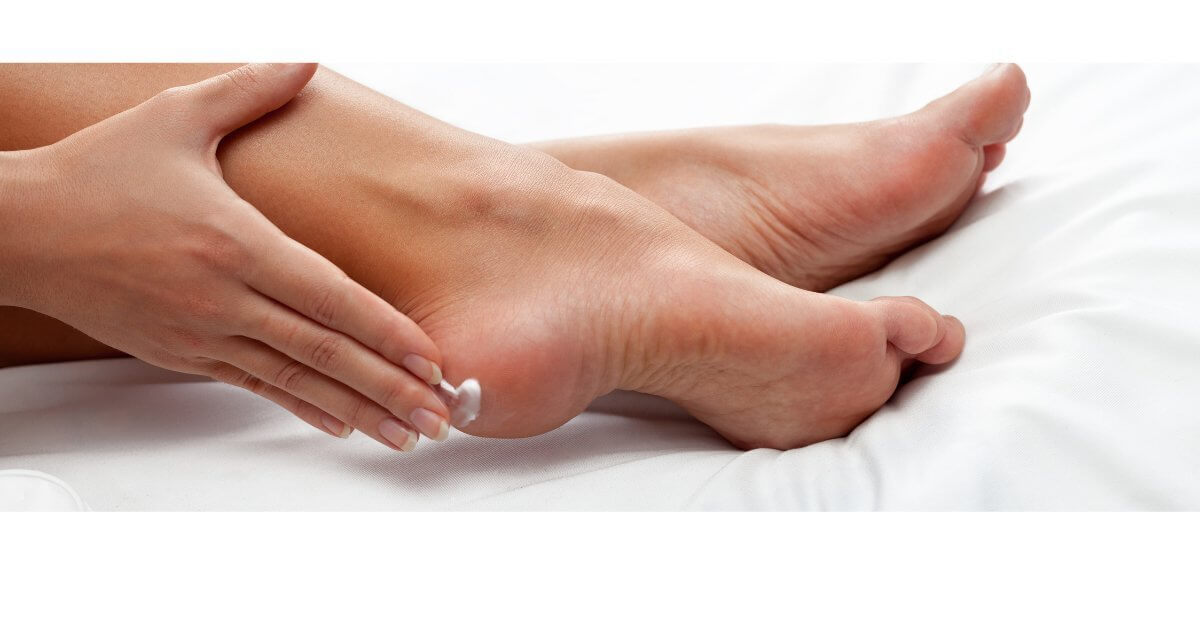


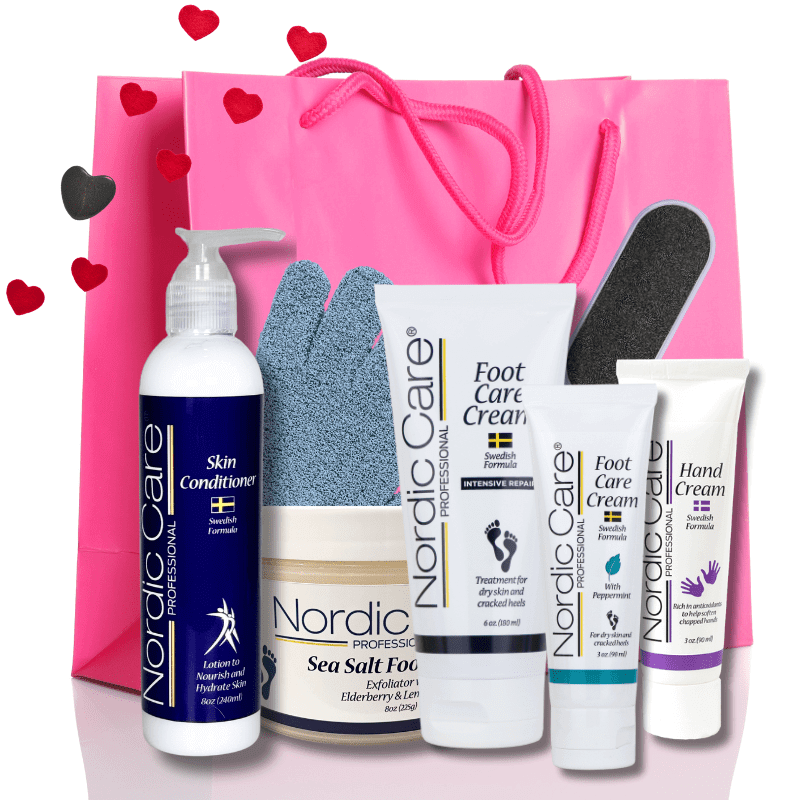
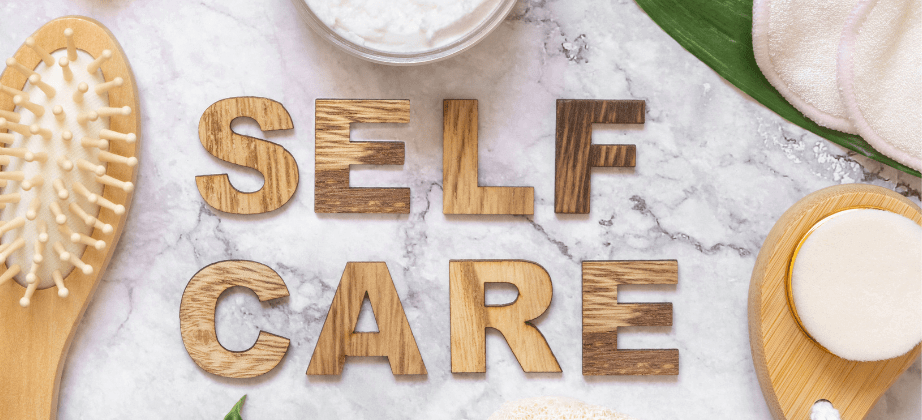
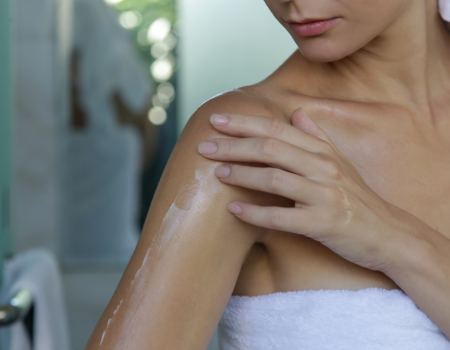
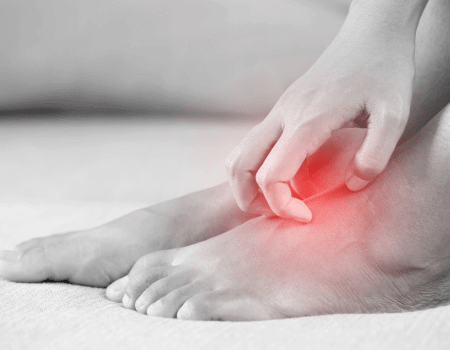
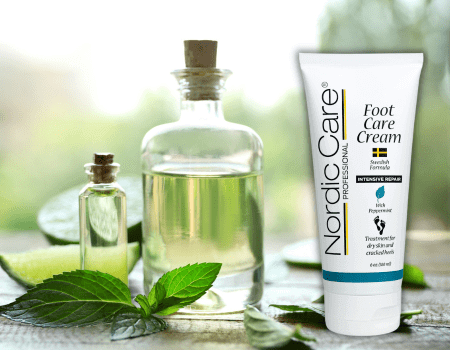
Leave a comment